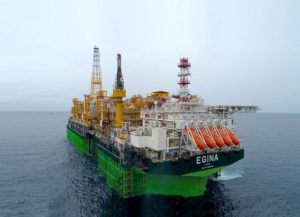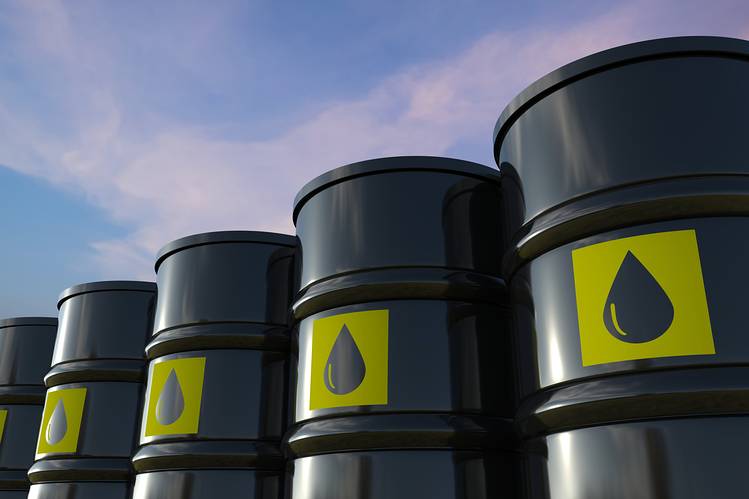
Mkpoikana Udoma
Port Harcourt — The National Oil Spills Detection and Response Agency, NOSDRA has confirmed that the TotalEnergies’ operated Egina Floating Production Storage and Offloading, FPSO, vessel spilt over 3,000 barrels of crude oil on November 15th, 2023.
The Egina FPSO located 130 kilometres off the Atlantic coastline and operated by TotalEnergies EP Nigeria Limited has capacity to produce 200,000 barrels of crude per day, with a storage capacity of 2.3 million barrels on board.
Director-General of NOSDRA, Mr. Idris Musa, on Sunday said a Joint Investigation Visit, JIV, report estimated the volume of leak at 3,000 barrels.
Musa explained that the agency’s response was still ongoing as the leak has been largely contained.
He said that the agency and the operator spared no effort in tackling the pollution to minimise impact on the environment, a development that kept the spilled crude from reaching the coastline.
He explained that the spills agency deployed high-level personnel and activated the National Oil Spills Contingency Plan (NOSCP) which deployed local and foreign resources and expertise.
“The spill was not a minor one, it was the response strategy that we put in place that resulted to limited impact and we have been tracing and tracking the oil slick and supervising response efforts.
“NOSDRA deployed personnel led by a director to the site and we have remained on the spill site as well as granting the requisite approvals to hasten the response.
“We have been briefing our supervising ministry on developments and so far, the spill has not hit the coastline due to the effectiveness of the spills contingency plan we used,” Musa said.
He explained that the operator of the facility took steps that made the response swift and effective adding that other oil companies under the auspices of Clean Nigeria Associate (CNA) assisted in the response.
He said that incident required a collaborative response of oil industry stakeholders that involved a spill response aircraft, five vessels in the application of 15,000 liters of liquids to clean the waters.



